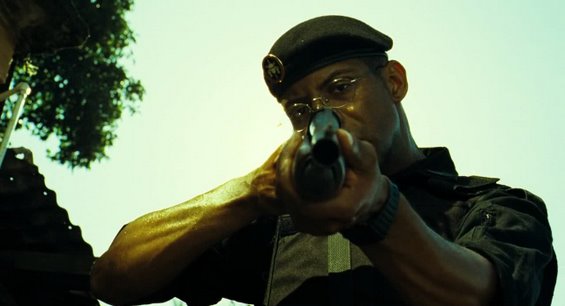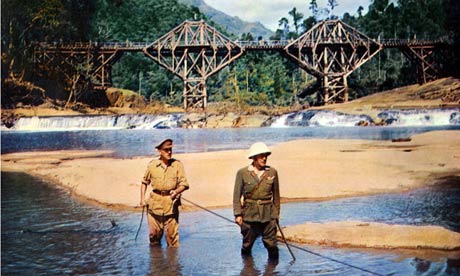MARATHON MAN

I wont get into a detailed review.
But I have recently tried to acquaint myself with classic thrillers.
& thanks to mark for this suggestion which helped me prioritized this.
I can't speak enough for Dustin Hoffman's acting, this guy never ceases to amaze me.
I can actually say he is now one of my top 5 favourite actors.
Regarding Laurence Olivier, his character has to be one of the most fascinating villains in the history of cinema.
The plot might seem less entertaining & worn-out in recent times, but it still manages to be one of the best cinematic thrillers due to its sheer unpredictable & captivating characters.
Also, the background score is what got my interest the most.
I'd recommend it to most thriller & suspense lovers.

I wont get into a detailed review.
But I have recently tried to acquaint myself with classic thrillers.
& thanks to mark for this suggestion which helped me prioritized this.
I can't speak enough for Dustin Hoffman's acting, this guy never ceases to amaze me.
I can actually say he is now one of my top 5 favourite actors.
Regarding Laurence Olivier, his character has to be one of the most fascinating villains in the history of cinema.
The plot might seem less entertaining & worn-out in recent times, but it still manages to be one of the best cinematic thrillers due to its sheer unpredictable & captivating characters.
Also, the background score is what got my interest the most.
I'd recommend it to most thriller & suspense lovers.
 I just have a weird sense of humour
I just have a weird sense of humour 

 I thought she was an old man when she was getting out of bed
I thought she was an old man when she was getting out of bed 






 i'm glad you enjoyed it. i was 99% certain you would, because, well, how could you not?
i'm glad you enjoyed it. i was 99% certain you would, because, well, how could you not?


